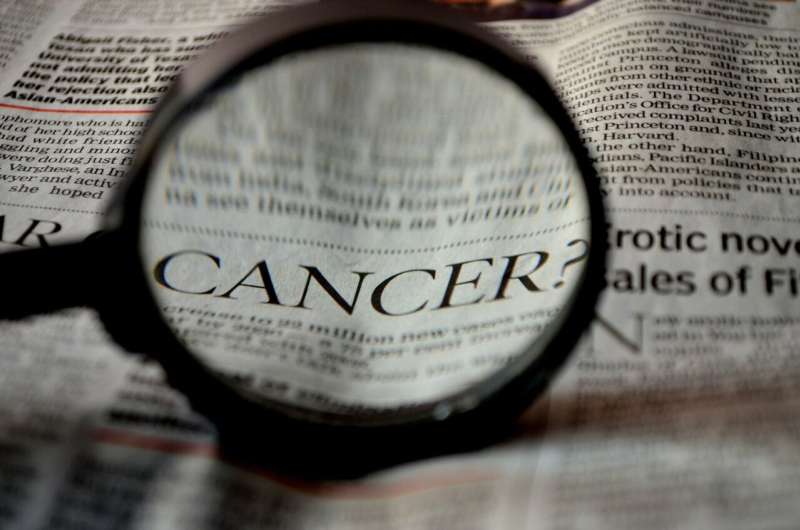
Infectious complications continue to affect survivors of childhood cancer many years after initial diagnosis, according to findings from a Northwestern Medicine study published in the Journal of Clinical Oncology.
Jenna Rossoff, MD, an instructor of pediatrics in the Division of Hematology, Oncology and Stem Cell Transplantation was senior author of the population-based study. Rossoff is also an attending physician at Ann & Robert H. Lurie Children’s Hospital of Chicago.
Infections during therapy pose a significant risk in childhood cancer. However, little is known about the risk of infection in long-term survivors of childhood cancer.
“Oncologists counsel patients and families heavily on their risk of infection during cancer treatment but are much less concerned years after completion of therapy,” said Rossoff. “This study demonstrates that these patients are still at increased risk of infection many years after their diagnosis and thus should have a low threshold to seek medical attention with any infectious concerns.”
Rossoff’s team conducted a retrospective observational study of children and adolescents born in Washington diagnosed with cancer before the age of 20 who survived at least five years after diagnosis. Survivors were categorized as having a hematologic or non-hematologic malignancy and were matched to individuals without cancer by birth year and sex with a comparator to survivor ratio of 10:1.
Using diagnostic codes from state hospital discharge records, the scientists recorded infections associated with hospitalization. “Infections were classified as bacterial, viral or fungal, and by organ system affected, and significantly increased rates were seen nearly uniformly amongst these categories,” said Rossoff.
They found that on the basis of 382 infection events among 3,152 survivors and 771 events among 31,519 comparators, the incidence rate (IR) of all hospitalized infections starting five years after cancer diagnosis was 12.6 for survivors versus 2.4 for comparators. The IRs 5- to 10-years post-diagnosis was 18.1 for survivors versus 2.3 for comparators; more than 10 years post diagnosis, they were 8.3 and 2.5 respectively. Investigators also found that when potentially vaccine-preventable infections were evaluated, survivors had a greater risk of infection relative to comparators.
Future studies to better understand immune reconstitution after completion of cancer treatment will be needed to determine specific factors that may mitigate infection risk.
Source: Read Full Article